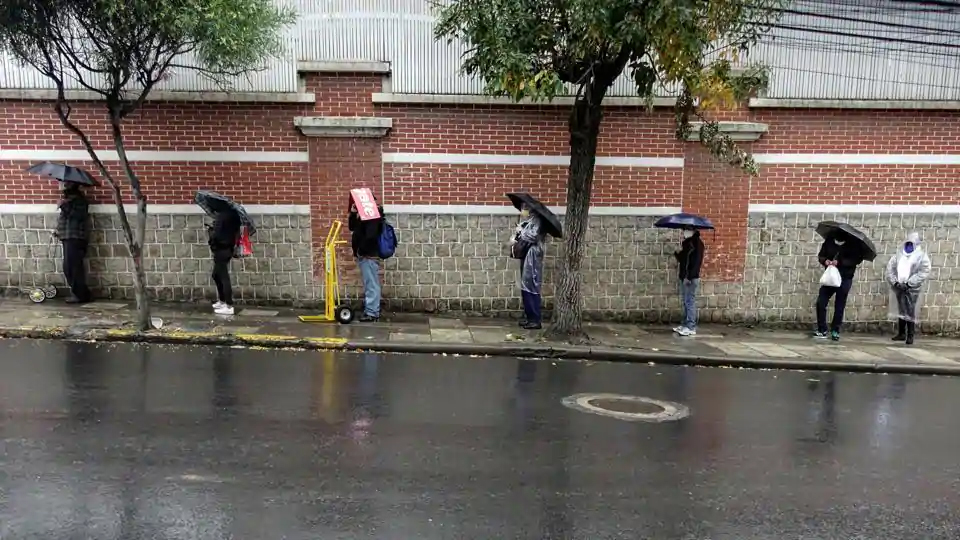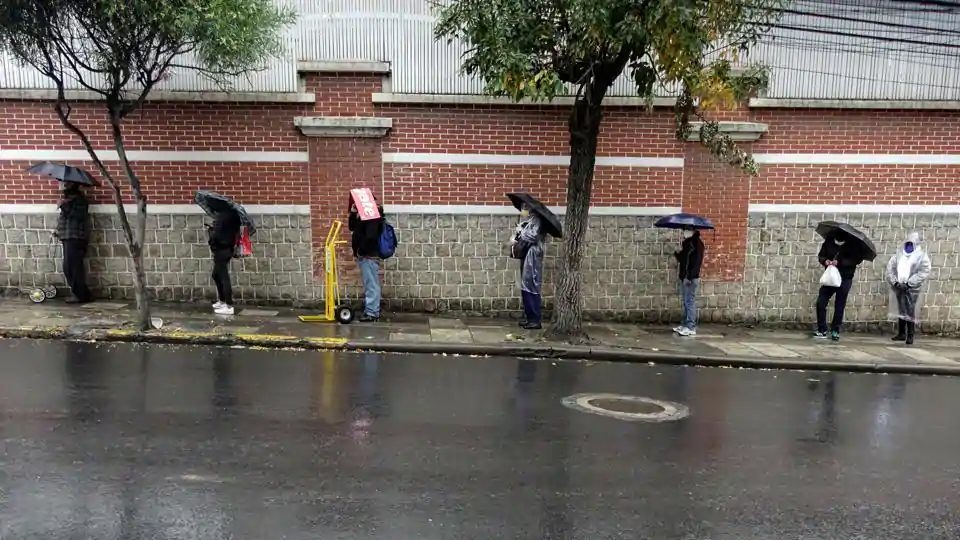Measures such as social distancing, school closures and lockdowns have ensured that at least 59,000 lives have so far been saved in 11 European countries, including the UK, according to a new study by experts at Imperial College London released on Monday.
Assessing the impact of such interventions by governments, the study of the coronavirus outbreak used a new model to calculate that between 21,000 and 120,000 deaths will have been prevented up to the end of March.
It said: “With current interventions remaining in place to at least the end of March, we estimate that interventions across all 11 countries will have averted 59,000 deaths up to 31 March [95% credible interval 21,000-120,000]”.
“Many more deaths will be averted through ensuring that interventions remain in place until transmission drops to low levels. We estimate that, across all 11 countries between 7 and 43 million individuals have been infected with SARS-CoV-2 up to 28th March, representing between 1.88% and 11.43% of the population”.
Axel Grandy, one of the authors of the study, said: “The impact of the pandemic is extreme – but it would have been much worse without the interventions. Keeping interventions in place is crucial for controlling it”.
The countries assessed in the report are Austria, Belgium, Denmark, France, Germany, Italy, Norway, Spain, Sweden, Switzerland and the UK.
The study said the proportion of the population infected to date – the attack rate – is estimated to be highest in Spain followed by Italy and lowest in Germany and Norway, reflecting the relative stages of the epidemics.
“Given the lag of 2-3 weeks between when transmission changes occur and when their impact can be observed in trends in mortality, for most of the countries considered here it remains too early to be certain that recent interventions have been effective”.
“If interventions in countries at earlier stages of their epidemic, such as Germany or the UK, are more or less effective than they were in the countries with advanced epidemics, on which our estimates are largely based, or if interventions have improved or worsened over time, then our estimates of the reproduction number and deaths averted would change accordingly”.
“It is therefore critical that the current interventions remain in place and trends in cases and deaths are closely monitored in the coming days and weeks to provide reassurance that transmission of SARS-Cov-2 is slowing”, the study added.


